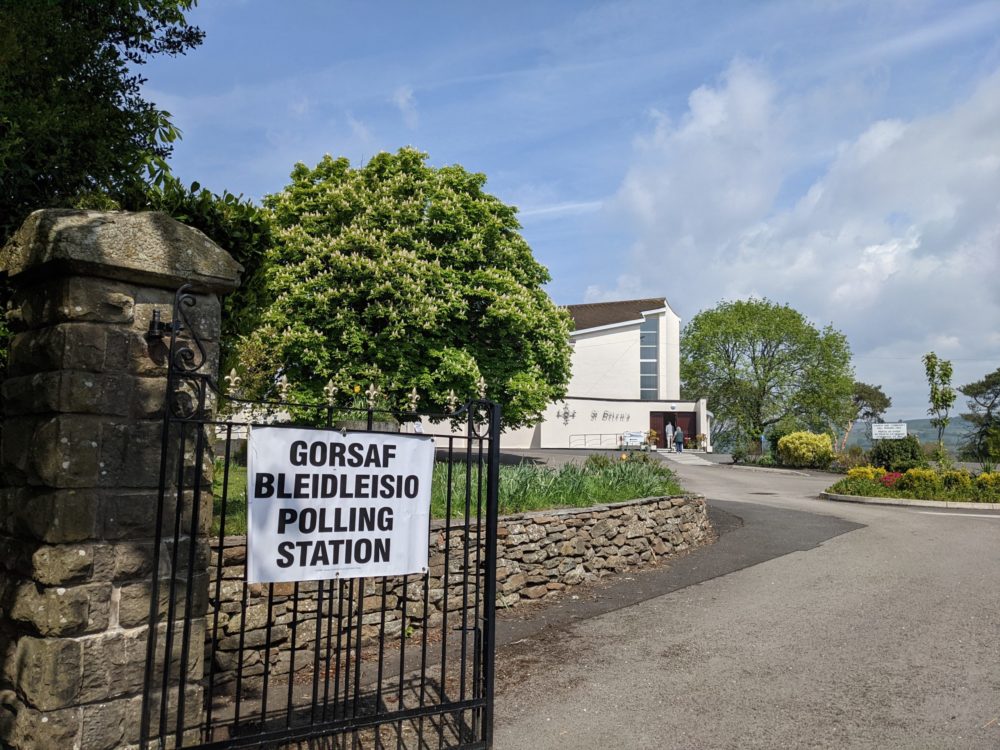Calls for first-past-the-post system to be ditched for council elections in Wales

Nicholas Thomas, local democracy reporter
A councillor has proposed abolishing the traditional voting system for local government elections in Wales.
Caerphilly councillor Kevin Etheridge, an independent from Blackwood, said the current first-past-the-post method of electing councillors could be improved with a more proportional system of representation.
He believes a system called the single transferable vote (STV) is the way forward, and has called on councillors of all parties to support his motion for the public to have their say on the matter.
STV is used for local elections in Scotland and Northern Ireland, and asks voters to choose, in order of preference, several candidates within a multi-member constituency.
Threshold
Once a candidate crosses a threshold of ‘first-choice’ votes, they are elected. All ‘second-choice’ votes are then counted as if they are first choices, and the system continues with ‘third’ and ‘fourth’ choices, and so on, until the constituency’s seats have all been filled.
While it tends to lead to longer, more complicated counts after polling day, it is popular among campaigners for electoral reform, and in theory should lead to better representation because most voters will have at least one of their choices elected.
Under the current first-past-the-post system, the candidate – or candidates – with the highest number of votes win seats, and there is no consideration of voters’ orders of preference on the candidate lists.
Debate
Cllr Etheridge told the Local Democracy Reporting Service (LDRS) it was time for a “full and frank debate” on the future of voting in Caerphilly Council elections, and believed STV would lead to a more representative council.
“Signing my all party motion on the voting system will show the residents we are all working for Team Caerphilly,” he told the LDRS.
Two other Welsh councils – Gwynedd and Powys – had already raised the possibility of consulting their own residents on a similar move to SVT, Cllr Etheridge added.
Support our Nation today
For the price of a cup of coffee a month you can help us create an independent, not-for-profit, national news service for the people of Wales, by the people of Wales.







The principle that the result of an election reflects the will of the total electorate as accurately as possible is undoubtedly the defining attribute of democracy. Any genuine democrat would surely champion this principle and support STV voting – the method that is, by far, the closest to satisfying the principle. However, at Westminster elections Labour and the Tories have refused to entertain change from the undemocratic first-past-the-post system for they have a vested interest in this system and always gained majority governments with it with nowhere near majorities of the overall votes cast.
The main concern should be to reduce the number of councillors and councils
town and community councils need a more robust role in service provision
electoral wards need to be small and reflective of the members need to look after their wards not backroom party bosses
these wards need to be open for All and Everyone to stand
PR at this level leads to party lists and large wards.
I don’t care how big or small wards are, as long as a the representatives elected have the gained wide support, not just a minority of votes. FPTP benefits large established parties and delivers majorities based on a minority of votes, that’s not democratic!